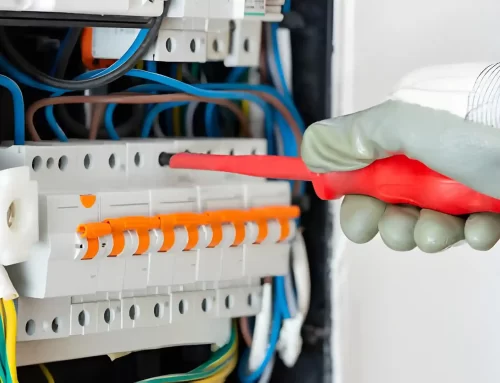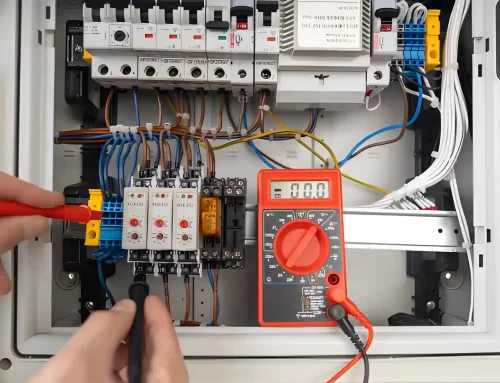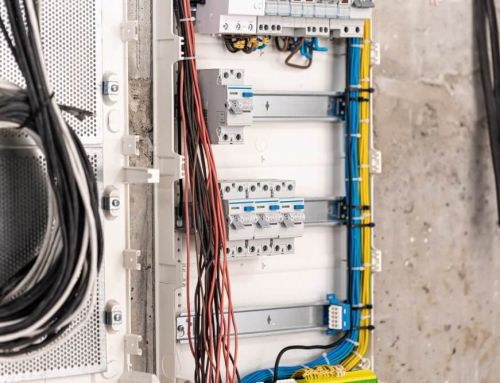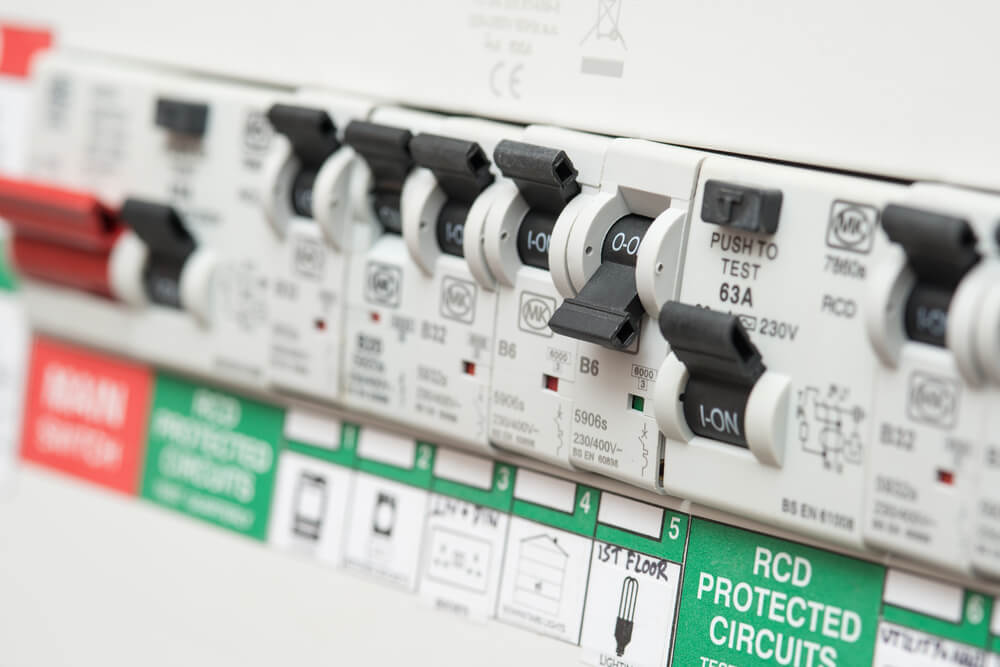
Does A Landlord Have To Have An Electrical Safety Certificate!
Why a Landlord Needs an EICR (Does A Landlord Have To Have An Electrical Safety Certificate)
Does A Landlord Have To Have An Electrical Safety Certificate;
Landlords must ensure your property’s electrical equipment is secure and maintained throughout the tenancy.
If you don’t meet this requirement, you could face fines and invalidated insurance claims.
In 2020, the government issued new guidelines that required electrical safety checks be performed by a qualified electrician every five years.
What is an EICR? (Does A Landlord Have To Have An Electrical Safety Certificate)
Does A Landlord Have To Have An Electrical Safety Certificate;
An EICR, or electrical safety certificate, is a legal requirement for all private landlords in the private rented sector. As of April 1st 2021, existing landlords in this sector must receive regular inspections by an electrician every few years and provide their tenants with valid EICR certificates when they move into their property.
An inspection is an integral part of keeping your property secure, as it allows an experienced engineer to evaluate the condition of your installation and confirm if it meets Electrical Safety Standards. Furthermore, they may identify any faults or concerns that need attention so you can take measures to rectify them and guarantee everyone who lives there remains secure.
Your EICR can be performed up to five years depending on the type of installation. An older system might need more frequent inspections due to potential damage or deterioration over time.
Testing intervals are determined by the type of building, its age and any environmental conditions that could damage the system. For instance, properties with swimming pools need to be inspected more frequently than others since they could be damaged due to flooding or fire damage.
An EICR not only guarantees your property is secure, but it can also identify areas for improvement that could save money and reduce energy consumption. Furthermore, it could make your home more appealing to prospective buyers should you decide to sell it in the future.
Therefore, having an EICR inspection carried out at regular intervals is highly recommended to avoid costly repairs in the future and keep your property as secure as possible. It would also be wise to keep a copy of the report for anyone who asks you about it, such as local authorities or potential tenants.
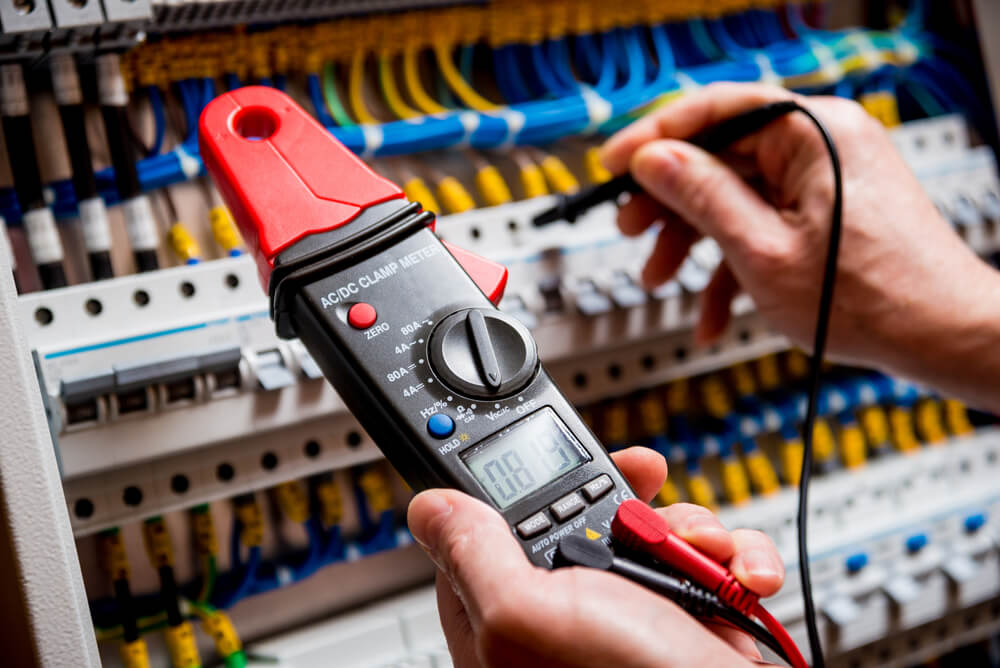
It’s worth noting that an EICR certificate can be useful in determining if you have insurance cover for damages to your property in case of a fire. Without it, however, your insurer could deny the claim.
Why do I need an EICR? (Does A Landlord Have To Have An Electrical Safety Certificate)
Does A Landlord Have To Have An Electrical Safety Certificate;
Landlords who own rental properties must obtain an Electrical Safety Certificate (EICR) to demonstrate that their properties meet the Electrical Safety Standards in the Private Rented Sector Regulations 2020. These regulations apply to most forms of rented accommodation, including HMOs, with few exceptions.
Landlords are not required to have an EICR before renting their property, but it’s recommended that they do. Not only does this comply with legal requirements, but it also helps safeguard tenants from electric shocks or fires in case of emergencies.
An electrician should inspect your installation for damage and run electrical currents through its circuits to confirm they are functioning safely. Since some tests require power to be turned off, make sure you can arrange this without disrupting your tenants’ living arrangements.
An electrician will then conduct various tests on the consumer unit (fusebox or distribution boards) and all fixed electrical equipment. These include checking fuses, circuit-breakers and, preferably, residual current devices (RCCs).
Once the test has been conducted, an electrician will provide you with an EICR report which details any codes on your electrical system and indicates what needs to be done to address any faults found during inspection. For instance, if codes C1 or C2 appear on your EICR report, remedial work must be completed within 28 days (or sooner if specified) from when it was issued.
In addition to ensuring legal compliance, an up-to-date EICR can also help you sell your property in the future. This demonstrates to potential buyers that you prioritize tenant safety and have taken steps to guarantee all electrical installations are up to date.
Obtaining an EICR can be time-consuming, so it is wise to enlist the assistance of an expert who can do it for you. Not only will this save you money in the long run, but it will make meeting local authority requirements much smoother as well.
What is an EICR report? (Does A Landlord Have To Have An Electrical Safety Certificate)
Does A Landlord Have To Have An Electrical Safety Certificate;
An Electrical Installation Condition Report, or EICR for short, is a document that assesses the overall condition of your property’s electrical wiring. These reports are mandatory by law and serve as assurance that your rental property remains safe and functional.
EICRs are typically conducted every five years or when new tenants move into a property. This is because the wiring in your home may deteriorate over time and become hazardous to use.
A reliable electrician will conduct a comprehensive examination of your electrical system, looking for any damages or issues that could pose risks. They also test to assess devices’ protection against fire and electric shock.
Once the inspector has finished their work, they will issue you with a certificate describing the condition of your electrical system and what steps need to be taken for safety. This can help avoid accidents or electrical fires in the future.
By 2020, all private tenancies in England must have their electrical installations regularly checked by a qualified individual. Failure to do so could result in fines of up to PS30,000; which makes it essential to complete an EICR as soon as possible.
An EICR must be conducted by an experienced, qualified electrician registered with either JIB or NICEIC. They will be able to carry out both visual and live testing of your electrical system as well as providing you with a detailed report on its overall safety and condition.
You can find an electrician who provides this service at a relatively low price point; some companies even include it as part of their overall package, such as Safe2, which will remind you when your next EICR is due. Prices for an EICR inspection depend on several factors like the size of your house and who conducts the inspection, so do some research before selecting someone to perform this task.
After the test is complete, you’ll receive a grade from C2 to C3, signifying there is no risk in your property’s electrical systems. Once this assessment is done, any remedial work recommended in the report must be undertaken and then renewed with an EICR accordingly.
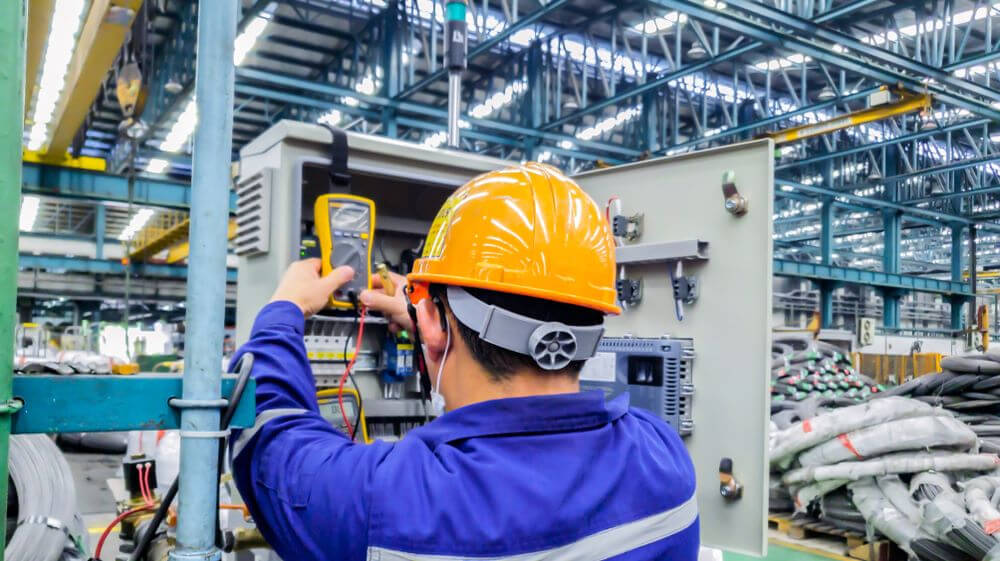
Does A Landlord Have To Have An Electrical Safety Certificate
How do I get an EICR? (Does A Landlord Have To Have An Electrical Safety Certificate)
Does A Landlord Have To Have An Electrical Safety Certificate;
Landlords must obtain an Electrical Safety Certificate (EICR) before renting out their property. This document confirms the property’s electrics have been thoroughly inspected and tested to meet national standards; it acts like a health check on your electrics system, detecting any issues.
Receiving an EICR is essential for both tenants and landlords. It keeps tenants safe by reducing the risk of fire or shock in a property, as well as enabling it to adhere to legal regulations.
Landlords should have their EICR performed by a licensed electrician and provide the tenant with a copy of the report before they move in. It is essential for landlords to keep this document secure and make necessary repairs if needed, in order to ensure the property complies with all regulations.
Landlords are encouraged to get an EICR done no later than five years for rental properties and ten years for any other properties they own. This is because regulations stipulate that electrical systems should be checked periodically in order to guarantee they remain secure.
The inspection will involve a visual check for damage, as well as running electric currents through each circuit to verify its functionality. If there are any tenants living in your property at the time, be aware that this part of their work may require turning off the electricity supply.
If the inspector observes any electrical systems not in satisfactory condition, they will provide you with a report outlining the issues. At that point, you have the power to take action or request resolution of the matter.
Typically, inspection results will include C1 and C2 fault categories. These indicate a potential for serious injury or property damage, so it’s essential to get them addressed right away.
Our Pricing
| Our Electrical Safety Certificate Prices |
|---|
| Studio Apartment £67.99 |
| 1 – 3 Bedroom £81.99 |
| 4 Bedroom £89.99 |
| 5 Bedroom £98.99 |
Check Out Our Other Services
| EICR | Commercial EICR | Emergency Light Certificate |
|---|---|---|
| Electrical Diagnostic | PAT Testing | Fuse Box Installation |
About the Author: LandlordCertificate
Related Posts
Get Social
Recent Posts
- Choosing the Right Consumer Unit for Fuse Box Installation London in Properties
- Electrical Diagnostic London: How Professional Testing Keeps Your Property Safe and Compliant
- Asbestos Management Survey London: Update Your Property Records
- Gas Safety Certificate London: Why Regular Checks Save Money Long-Term
- FRA London Explained: How a Professional Fire Risk Assessment Keeps You Compliant and Safe


